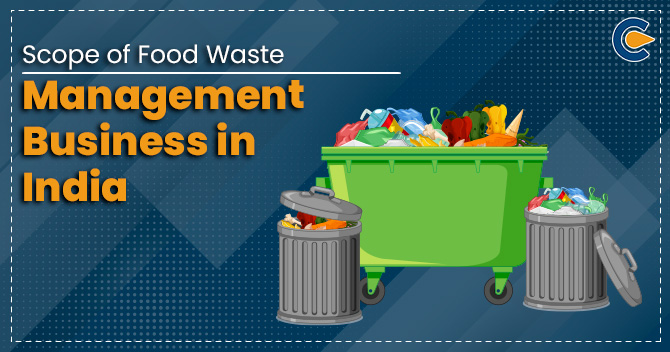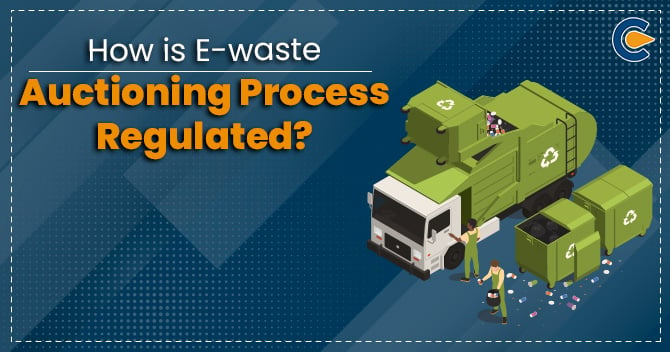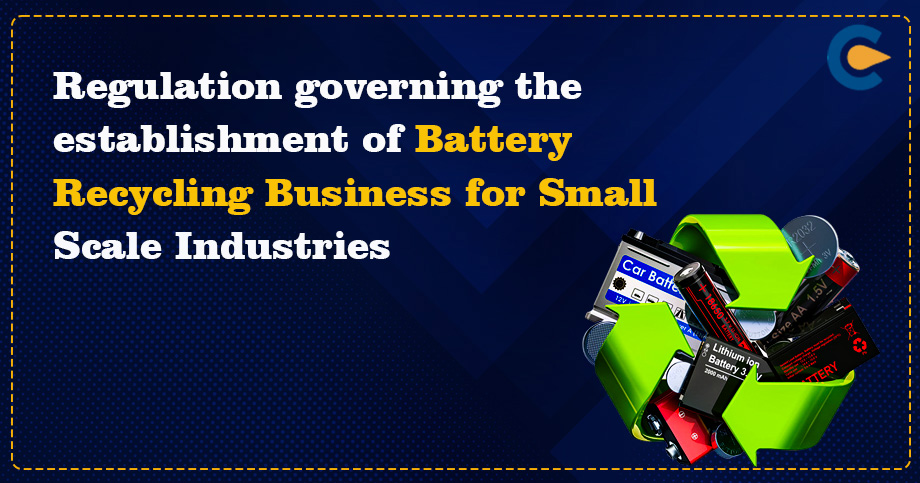As per the present reports, it is estimated that 1.3 billion tonnes of food per year are wasted or discarded, causing 750 million Dollars’ worth of economic and environmental loss. This wastage has also been linked to the increasing food shortages in developing or underdeveloped countries. When thrown away in the landfills, this waste food causes the release of many toxic gasses that are classified as greenhouse gases, leading to global warming and Air Pollution.
Nowadays, when every type of waste is encouraged to be recycled and have a proper management system in place, including plastic waste and e-Waste, Food waste management is ignored due to the misconception surrounding the biodegradable properties of food and the fact that it decomposes itself in spite of the fact that, that process takes a lot of time and causes pollution. Therefore, it is very important to set up a proper Food Waste management system in place.
Food Waste in India
Food wastage is believed to be a global problem. It is estimated by the Food and Agricultural Organization of the United Nations (UNFAO) that one-third of the food produced globally each year is either lost or wasted. This food waste is equally contributed by the Developed as well as developing nations, with only developing and underdeveloped nations bearing the cost of wasted food. Apart from this, India has also ranked 2nd just behind China in the Global Food Waste Index 2021, with wasted food calculated at 68.8 million tonnes valued at around 92,000 crores with a growth rate of 8% to 10%.
As per a report in CSR Journal, India is estimated that the amount of food wasted in India is similar to the amount of food consumed in the United Kingdom. It is projected that around 40 per cent of the produced food in India, due to the fragmented food system and insufficient supply chain, is wasted every year despite of the fact that we have millions of people who sleep hungry. As per the global hunger index of 2017, India ranks 100 among 119 countries, indicating the presence of restrictive growth in children below five years, the number of undernourished individuals and the mortality rate of children under five years.
Major culprits of food wastage in India are weddings, Restaurants, supermarkets, Food processing industries and Hotels.
Food Waste and Environment
While affecting increasing World hunger, Food Wastage also has an adverse effect on the environment, which escapes from the knowledge of many people. Food, as we know, is a commodity which is produced in a limited amount which, when wasted, results in more scarcity of the natural resources resulting in additional pressure to increase the production, which in return cause degradation of soil. Apart from this, other natural resources are also wasted, which are used during the production of food, food processing, transporting and storing of food.
Also, once the food is discarded and thrown in the landfills or in a dump, it produces methane, a powerful greenhouse gas that, combined with Carbon dioxide and Chlorofluorocarbons[1], causes the earth’s surface to heat up, resulting in global warming. It is estimated that agriculture accounts for more than 20 per cent of overall greenhouse gas emissions in 2010.
Food Waste Management in India
Wasted food is the wet waste, which includes food, whether cooked or uncooked, fruit and vegetable waste etc.; this wasted food is majorly sent for fertilizers production while the other is either thrown in the landfills or buried, causing land pollution. In India, there are many ways of food Waste management, including Composting, Turning food waste into animal feed, producing different products like biofuel and fertilizers and managing at source or donation of food.
In India, Food waste management is regulated under Solid Waste Management Rules, 2016, which stipulates the channelizing the waste by recovery, reuse and recycling as well as segregation of food at the source. This act also notifies that all hotels and restaurants are responsible for segregating biodegradable waste and setting up a collection system for composting/bio-metalation within the sites.
Food Waste management is also an emerging innovating industry that has a lot of potential to gain revenue. In 2022, the food waste management industry is expected to be worth $62.6 billion. According to Future Market Insights (FMI), the total market value is estimated to reach US$ 116.4 bill by 2032, with a CAGR of 6.4 per cent for the years 2021-32.
The guiding principles which govern Food Waste Management are: –
- The Integrated Solid waste management system
- Extended Producers’ Responsibility
- Decentralized Waste management system
- Integration of Informal Sector
The process to register for Food Waste Management in India.
To start Food Waste Management in India, the business owner must register with the State/Centre Waste Management Rules. The process includes:-
- The registration of the waste management business on the concerned State Pollution Control Board or pollution control committee official site.
- After registration, they have to submit Form 1.
- This will be followed by an examination by Pollution Control Board for authorization.
- The authorities have to reply for the authorization within 60 days of full submission of the application with the required documents.
- Along with this, the business owners also have to apply for a Certificate of Consent from the state pollution control board under Water and Air Act. The Certificate of Consent is obtained in two parts Consent to establish (Under the Water (Prevention and Control of Pollution) Act, 1974 and Air (Prevention and Control of Pollution) Act, 1981, manufacturers are required to acquire the Consent to Establish before the establishment of the Industry) and Consent to operate (Consent to operate is issued by the State Pollution Control Board once the Industry is established and is ready to operate after acquiring Consent to establish).
- The producers or recyclers have to comply with environmental standards as per Schedule I and Schedule II of the Solid Waste Management Act.
Documents required with the application for Food Waste Management Business
The appropriate and authorized documents are required to be submitted with the application for Food Waste management
- Proof of ownership of site or rent/lease agreement;
- Factory license/trade license;
- Electricity bill;
- Details of the machinery installed.
- Authorized Signatory Aadhar Card;
- PAN Card of the Authorized Signatory;
- GST Certificate;
- Layout plan;
- Process flow chart;
Validity and renewal of Food Waste Management authorization
The authorization will be valid at first for two years and then for five years each time it is renewed. Before 60 days have passed since the expiration date, an application for renewal can be submitted in Form 4, and the state PCB or the pollution control committee can renew after reviewing each case.
Conclusion
Food shortages across the world have resulted in the death of approximately 3.1 million children of age less than five. This food shortage can be blamed majorly on the wastage of food and poor food waste management. In India, where food wastage is one of the biggest problems, there is a lot of scope for a food waste management business which has already proven very successful in the US market.











